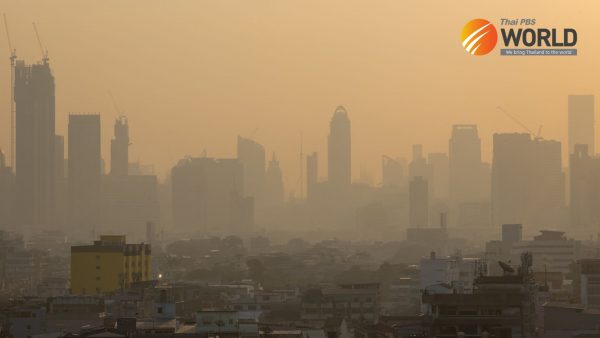The Royal College of Physicians of Thailand and five other medical professional associations have issued a six-point guideline to help the public to protect themselves from the threat posed by high levels of PM2.5 dust pollution.
They point out that children, pregnant women, elderly people and those afflicted with chronic heart, lung, kidney or brain diseases are most at risk from fine PM2.5 dust, which may cause respiratory conditions, stroke or kidney disease.
The public should check the air quality reports from state or private information centres on a regular basis when planning their daily activities, in order to limit their exposure to excessive PM2.5 dust.
They should suspend or reduce outdoor activities and wear face masks whenever they are in areas where the PM2.5 level exceeds 50 microns. If the level is more than 100 microns, they should suspend all outdoor activities, except those who have to perform public services, and wear N95 face masks all the time when they are outdoors.
In areas with PM2.5 exceeding 150 microns, everyone should confine themselves in buildings fitted with effective air ventilation and purification systems. People who are duty-bound to perform public services outdoors should remain outdoors for not more than one hour at a time.
While exercise is good for health, the medical professional associations warn that outdoor exercise in areas with high PM2.5 levels should be reduced or avoided altogether.
People are advised to drink sufficient clean water, because this can help drain PM2.5 from the body. People are also advised to stay in environments with a lot of trees with green leaves, which can absorb the fine dust.

IL PRIMO ECOMMERCE SPECIALIZZATO IN DELIZIE AL TARTUFO E CAVIALE – CAVIAREAT.COM
